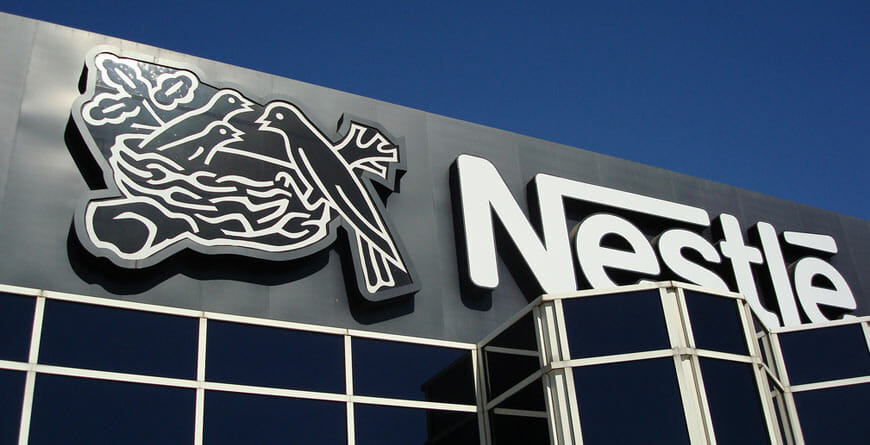The initial pilot program will trace milk from farms and producers in New Zealand. Customers would verify information related to all the processes that take place in the supply chain
The Swiss multinational Nestlé announced, through its official website, that it will start its pilot plan to audit some products, using blockchain technology. The company has been preparing this project since the end of 2018. But now, the corporation has more information to offer about it.
“Nestlé will break new ground in supply chain transparency through a collaboration with OpenSC, an innovative blockchain platform that allows consumers to track their food right back to the farm”, according to the website.
Thanks to this collaboration, Nestlé becomes the first major food and beverage company to announce that it will pilot open blockchain technology.
The new thing that the platform will offer anyone and also anywhere is the possibility to access to independently verifiable sustainability and supply chain data. The idea is to guarantee the quality of Nestlé’s products.
The initial pilot program will trace milk from farms and producers in New Zealand to Nestlé factories and warehouses in the Middle East. The objective is to provide customers with verified information related to all the processes that take place in the supply chain.
The Process
OpenSC allows customers to know who produces the raw material and whether it meets health requirements or ethical principles. According to local news, executives of the company affirmed that the platform will store all the dairy production cycle data. Also, it is expected that in the future the test will extend to its production of palm oil in America.
The network allows to store data relative to where, when and how Nestlé produces something. That is part of the information that the user will be able to verify.
Magdi Batato, Executive Vice President, Head of Operations, Nestlé S.A. said: “We want our consumers to make an informed decision on their choice of products, to choose products produced responsibly. Open blockchain technology might allow us to share reliable information with consumers in an accessible way”.
About OpenSC
OpenSC was founded this year by the World Wildlife Fund (WWF) Australia and The Boston Consulting Group Digital Ventures. Currently, OpenSC works with RFID tags, a radio frequency identification system that allows to determinate the exact place and hour when a product is tagged.
Nestlé has conducted research on Distributed Ledger Technology (DLT) applied to its supply chain since 2017, working together with IBM. Last April, it gave consumers access to blockchain data for the first time, through Mousline purée in France.
Although the multinational has created products traceable with the blockchain of IBM, Food Trust, in this new program of traceability the company decided to use another platform.
“We believe it is another important step towards the full disclosure of our supply chains announced by Nestlé in February this year, raising the bar for transparency and responsible production globally”, Global Head of Responsible Sourcing Nestlé S.A., Benjamin Ware, said.
Other food producers have used platforms based on blockchain technology to map food supply chains. Recently, Carrefour supermarket chain launched a QR code found in the packaging of its products to verify the data on the production process and distribution in a blockchain.
In the current times, customers want to know more about where their food comes from with the aim to know if it complies with sanitary requirements or ethical principles, especially to avoid purchasing products manufactured with animal or labor exploitation.
By María Rodríguez











